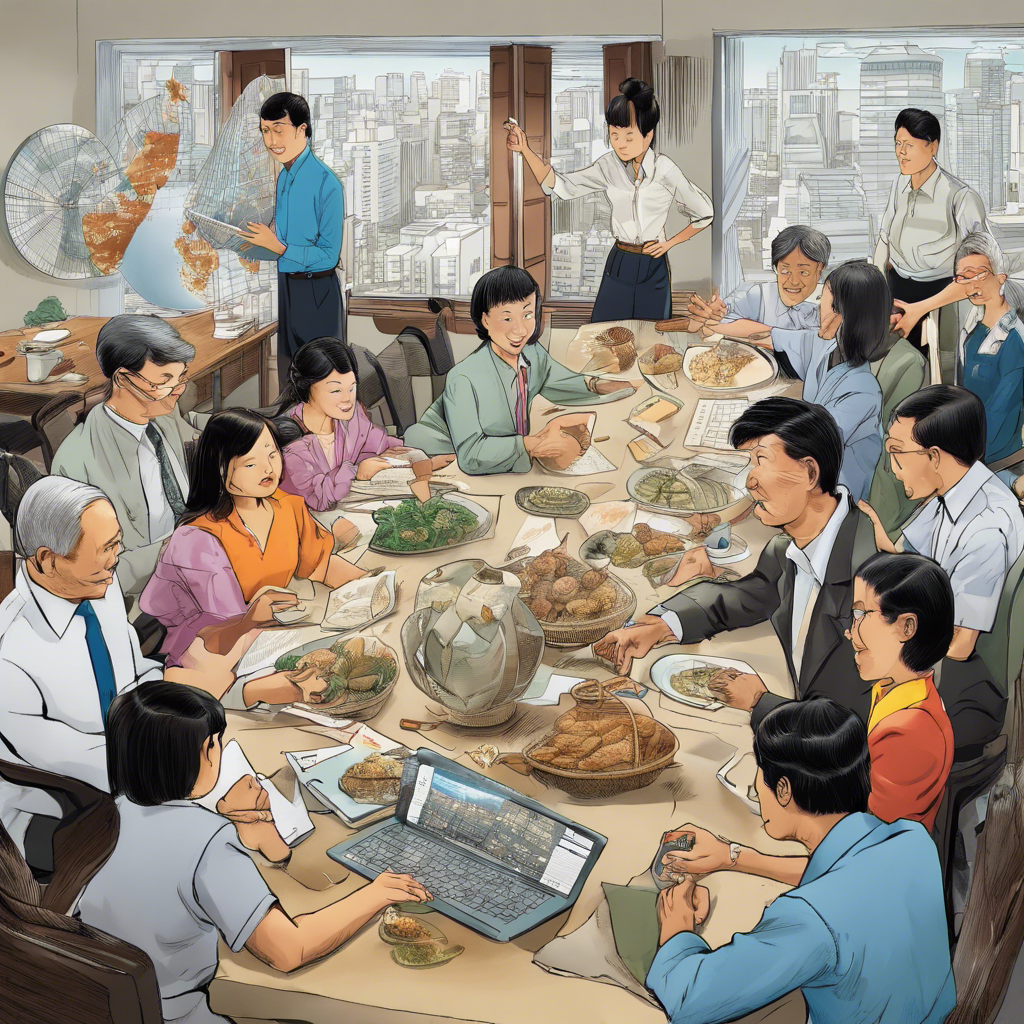Shifting Priorities: The Rise of Sustainable Investments in Asia’s Family Businesses

Second- and third-generation family businesses in Asia are embracing greener and more sustainable investments, challenging the profit-focused models of their predecessors.
In a region known for its rapid economic growth and entrepreneurial spirit, a new wave of family business leaders is emerging in Asia. These second- and third-generation heirs are charting a different path from their forefathers, prioritizing sustainable investments and social impact over traditional profit-focused models. While some face conflicts with their parents’ generation, others find support and encouragement to embrace innovative approaches. This article explores the journeys of these millennial business leaders, their challenges, and the catalysts for change.
Challenging Tradition: The Clash of Priorities
Abe Lim, a 27-year-old Malaysian, grew up in starkly different circumstances from her father, who worked as a mechanic to support his family. Lim’s idealism clashed with her father’s profit-focused business model, leading her to seek more impactful ventures. She suggested a research and development department to explore turning plastic waste into biofuels, but her father’s skepticism halted the project. Disagreements over climate change further strained their relationship, prompting Lim to leave her father’s company and start her own enterprises focused on sustainability. Lim’s story highlights the generational divide and the need for businesses to prioritize social and environmental impact.
Pioneering Change: The Power of Socially Conscious Investing
Komal Sahu, a member of the Asian Venture Philanthropy Network, explains that younger generations are reshaping the perceptions of business owners by emphasizing the positive social impact of their family’s wealth. Second- and third-generation heirs are incorporating environmental, social, and governance factors into their investment decisions, advocating for positive change while ensuring financial viability. Marianna Lopez Vargas, partnerships manager of the Oscar M Lopez Center in the Philippines, shares her family’s bold decision to divest from coal and pursue clean and renewable energy. These examples demonstrate the potential for businesses to drive change and align financial returns with social and environmental goals.
Bridging the Gap: Effective Communication and Understanding
Persuading the older generation to adopt new ways of thinking requires effective communication and a deep understanding of generational differences. Fernando Scodro, responsible for implementing the investment strategy of Grupo Baoba in Brazil, taught his family about socially conscious investing after attending a course on the subject. By engaging in open and respectful dialogue, second- and third-generation family businesses encourage their elders to explore new ideas and embrace innovative approaches. This approach fosters collaboration and bridges the gap between different perspectives, paving the way for sustainable investments.
Conclusion:
The rise of sustainable investments in Asia’s family businesses signifies a shift in priorities and a growing recognition of the need for businesses to address social and environmental challenges. Second- and third-generation heirs are challenging traditional profit-focused models, advocating for positive change, and aligning financial returns with social impact. While conflicts may arise between generations, effective communication and understanding can bridge the gap and foster collaboration. As these millennial business leaders continue to drive change, they offer hope for a future where businesses prioritize the environment and society alongside profits.

